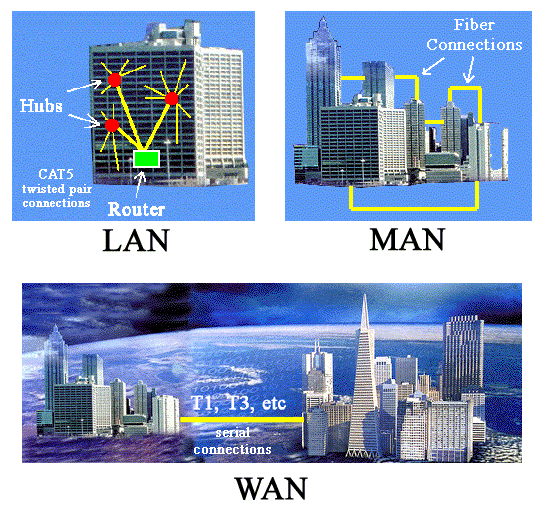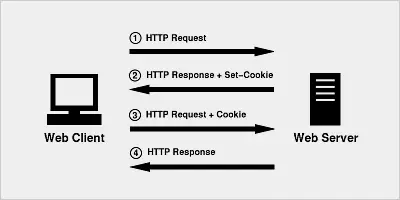Wi-Fi Advantages and Disadvantages – Wi-Fi Pros and Cons
Wi-Fi stands for (an abbreviation of) Wireless Fidelity, a type of unguided communication technology that transfers data and information with the help of radio waves. It is denoted as unguided communication as there is no physical wire to guide communication from one place to another.
The wireless LAN technologies are primarily used for their ease of use and convenience. These wireless LANs do not require any guided communication and long loopholes of wires communication to transfer data from one source to another.
The Wi-Fi network was established and defined in IEEE 802.11 series standards based on WLAN technology. The system is installed with Access Point or router which is physically connected to the internet using wired cable, ethernet or optical fibre cable.
The wifi connection is the most simple and easier ways to connect to the internet and transfer data to other sources without the use of any wire. Also, multiple users can be connected to a single wifi router directly without using an ethernet cable.

Now, let’s discuss the pros and cons of wifi.
WiFi Advantages
Convenient
Wifi is the most convenient ways of using the internet without the use of any physical wires. Also, it can be installed at any place like home, school, hospital, office, public places, etc.
The router just need an electricity connection to get started. The wireless nature of the network allows users to connect to wifi and access to the internet.
Mobility
The wifi has emerged as the most used LAN networks across all the public places. Even railway stations, bus service, restaurants, cafe’s and other public places offer their customers free wifi accessibility.
Multiple Users
The best thing you don’t need an ethernet cable to connect every user for accessing the internet. Multiple users can connect to the wifi and access the internet at a single point of time.
Password Authentication
While installing wifi you can set your router connection either open or secured with password authentication. This enables the wifi owner to restrict the use of data to limited members. Only the person who has a password can access the wifi.
Expandability
The wireless network can be expanded for multiple users without any increase in cost. But in a wired network, for each additional user would require additional wiring which increases the cost and effort.
Usability
Wifi network is the most usable wireless network that has been standardized for all countries. Mobile devices get directly connected to the wifi regardless of location.
WiFi Disadvantages
Bandwidth
The bandwidth and connectivity of wifi reduce between the thick concrete wall. Also, the wifi has a distance limit up to which users can connect. As the user goes outside the range wifi automatically gets disconnected.
Reduction in Speed
Although gigabit wifi is now available in the market still we cannot get the top-notch speed performance all the time. It also depends upon the number of users connected at a single point of time and range of wifi.
Distortion/Noise
Wireless connection has its drawbacks like noise and distortion in a network which are out of control for any administrator. These interference in a wireless connection may occur anytime creating the downtime.
Security
Full security cannot be achieved in wifi as of being wireless in nature. Wifi passwords can be easily cracked by hackers and it can be misused leading to the violation of rules and regulations.
Conclusion
The wifi has many advantages and disadvantages but its usability is increasing day by day. You can see wifi connection everywhere around you in public places, transportation areas, schools, hospitals, etc. The usage of wireless connection is increasing on a large scale.






